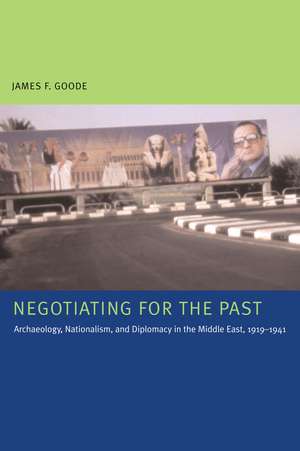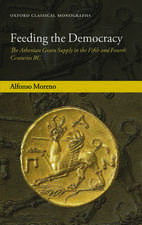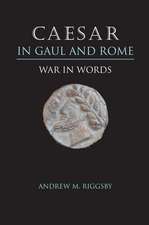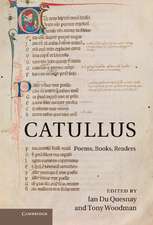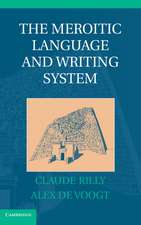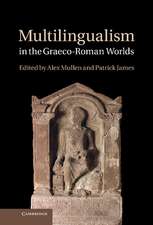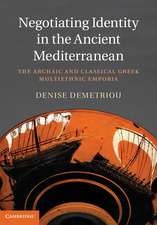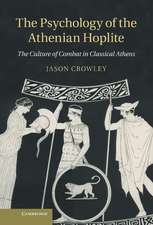Negotiating for the Past: Archaeology, Nationalism, and Diplomacy in the Middle East, 1919-1941
Autor James F. Goodeen Limba Engleză Paperback – iul 2007
The first such work to compare archaeological-nationalistic developments in more than one country, Negotiating for the Past draws on published and archival sources in Arabic, English, French, German, Persian, and Turkish. Those sources reveal how nationalists in Iraq and Iran observed the success of their counterparts in Egypt and Turkey, and were able to hold onto discoveries at legendary sites such as Khorsabad and Persepolis. Retaining artifacts allowed nationalists to build museums and control cultural heritage. As Goode writes, "Going to the national museum became a ritual of citizenship." Western archaeologists became identified (in the eyes of many) as agents of imperialism, thus making their work more difficult, and often necessitating diplomatic intervention. The resulting "negotiations for the past" pulled patrons (such as John D. Rockefeller, Jr., and Lord Carnarvon), archaeologists (James Breasted and Howard Carter), nationalist leaders (Ataturk and Sa'd Zaghlul), and Western officials (Charles Evan Hughes and Lord Curzon) into intractable historical debates with international implications that still resonate today.
Preț: 240.63 lei
Nou
Puncte Express: 361
Preț estimativ în valută:
46.04€ • 48.20$ • 38.10£
46.04€ • 48.20$ • 38.10£
Carte tipărită la comandă
Livrare economică 07-21 aprilie
Preluare comenzi: 021 569.72.76
Specificații
ISBN-13: 9780292714984
ISBN-10: 029271498X
Pagini: 307
Ilustrații: 34 b&w photographs, 4 maps
Dimensiuni: 152 x 229 x 21 mm
Greutate: 0.45 kg
Editura: University of Texas Press
Colecția University of Texas Press
ISBN-10: 029271498X
Pagini: 307
Ilustrații: 34 b&w photographs, 4 maps
Dimensiuni: 152 x 229 x 21 mm
Greutate: 0.45 kg
Editura: University of Texas Press
Colecția University of Texas Press
Notă biografică
James F. Goode is Professor of History at Grand Valley State University in Allendale, Michigan.
Cuprins
- Preface
- Introduction
- 1. End of the Old Order
- 2. The Sardis Affair
- 3. Heirs of the Hittites
- 4. Egypt Awakening
- 5. Housing Egypt's Treasures
- 6. France's Closed Door
- 7. Winning Persepolis
- 8. Troubles over Iran
- 9. Archaeology as Usual
- 10. The Reign of Sati` Al-Husri
- 11. A New Era
- 12. Reflections
- Notes
- Bibliography
- Index
Descriere
An overlapping analysis of archaeology and nationalism in Egypt, Iran, Iraq, and Turkey between World Wars I and II.
